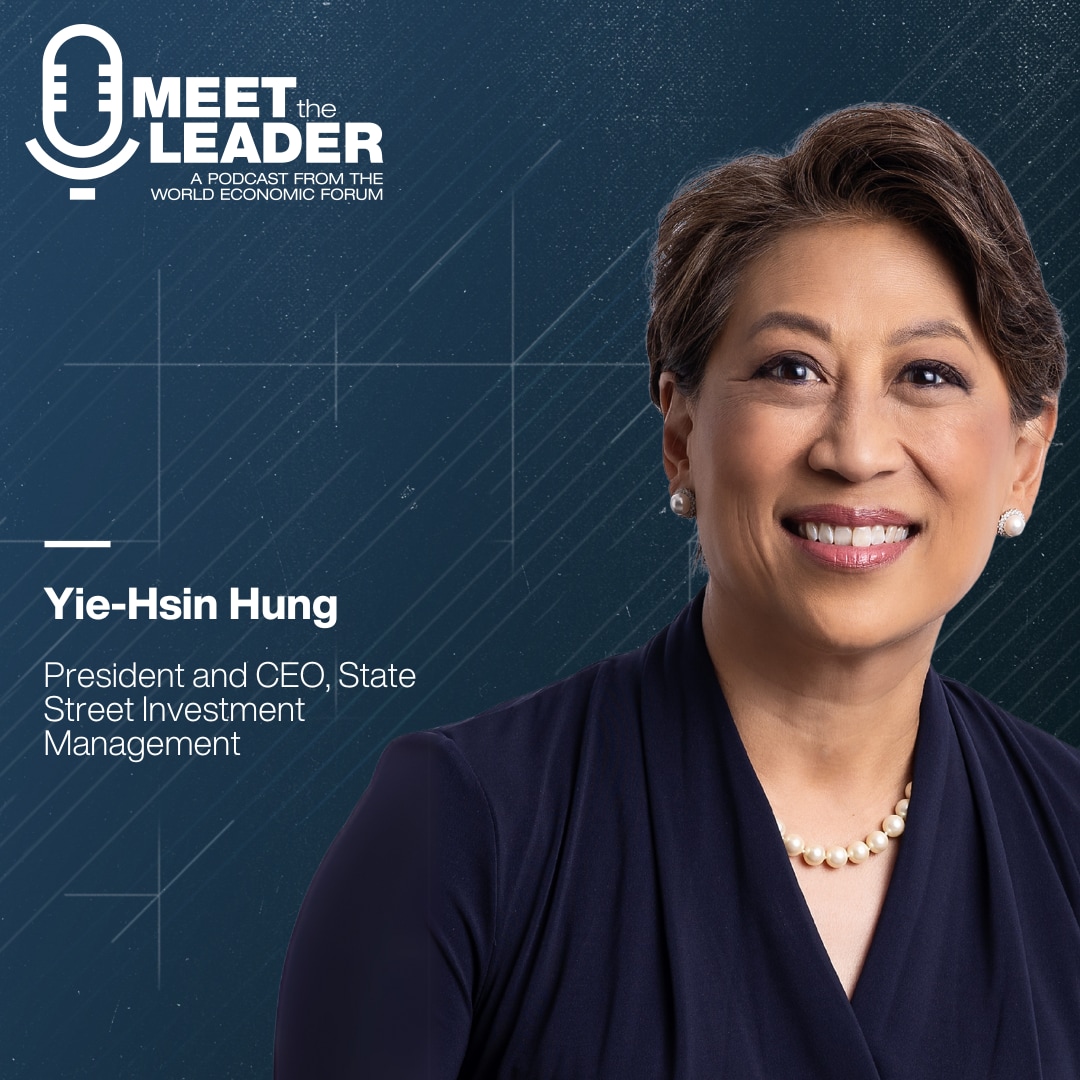The largest basic income experiment ever has just launched
A charity is beginning a basic income experiment in Kenya, but is not paying everyone the same amount.
Image: REUTERS/Noor Khamis
Stay up to date:
Financial and Monetary Systems
A groundbreaking social experiment will begin in Kenya in roughly one month.
The charity GiveDirectly will begin giving people in 200 villages free sums of money, no strings attached.
It'll be the largest, most comprehensive test ever conducted of a radical form of wealth distribution known as "basic income" or "universal basic income."
Initially proposed in the 1960s, basic income's main goal is to reduce poverty by guaranteeing everyone a minimum salary just for being alive.
A September 22 blog post on GiveDirectly's website outlined the terms of the experiment, which the charity has been trying to raise money for since April. To date it's raised $21 million of the intended $30 million.
In total, there will be 26,000 participants spread across three experimental groups. One group will receive a guaranteed monthly income that comes out to $0.75 a day, for 12 years. Another will get the same amount for just two years. The third will get two years' worth of income all at once, in a lump sum.
GiveDirectly will include 40 villages in the first group and 80 in the other two. In all three cases, people will get the money no matter what.
Basic income advocates (and a great deal of research) suggest the security of knowing money will be coming in over the long term encourages people to take more risks. They tend to start more businesses and make larger investments, both of which they may shy away from if they think money will be tight.
The experiment has been broken down into three groups so the charity can measure those changes and decisions.
"Comparing the first and second arms will shed light on how important the guarantee of futuretransfers is for outcomes today," the blog post states. "The comparison between the second and third arms will let us understand how breaking up a given amount of money affects its impact."
Ultimately, GiveDirectly hopes the scale of the project will let researchers track its impact on both an individual level and in the wider community.
GiveDirectly has chosen Kenya over other locations primarily because the organization has been embedded in the region for several years already and has data to suggest people will be open to getting the money. While the charity has seen a few people decline the money (out of distrust in the program's legitimacy), GiveDirectly expects smooth sailing in both regions.
Such an ambitious experiment has no precedent, but smaller trials indicate that by giving individuals free money, entire villages could also prosper.
Don't miss any update on this topic
Create a free account and access your personalized content collection with our latest publications and analyses.
License and Republishing
World Economic Forum articles may be republished in accordance with the Creative Commons Attribution-NonCommercial-NoDerivatives 4.0 International Public License, and in accordance with our Terms of Use.
The views expressed in this article are those of the author alone and not the World Economic Forum.
Forum Stories newsletter
Bringing you weekly curated insights and analysis on the global issues that matter.
More on Financial and Monetary SystemsSee all
Jesus Serrano
July 14, 2025
Rebecca Geldard
July 10, 2025
Morgan Camp
July 9, 2025
David Elliott
July 8, 2025
Ajay Kumar, Neha Thakur and Siddharth Sharma
July 8, 2025





